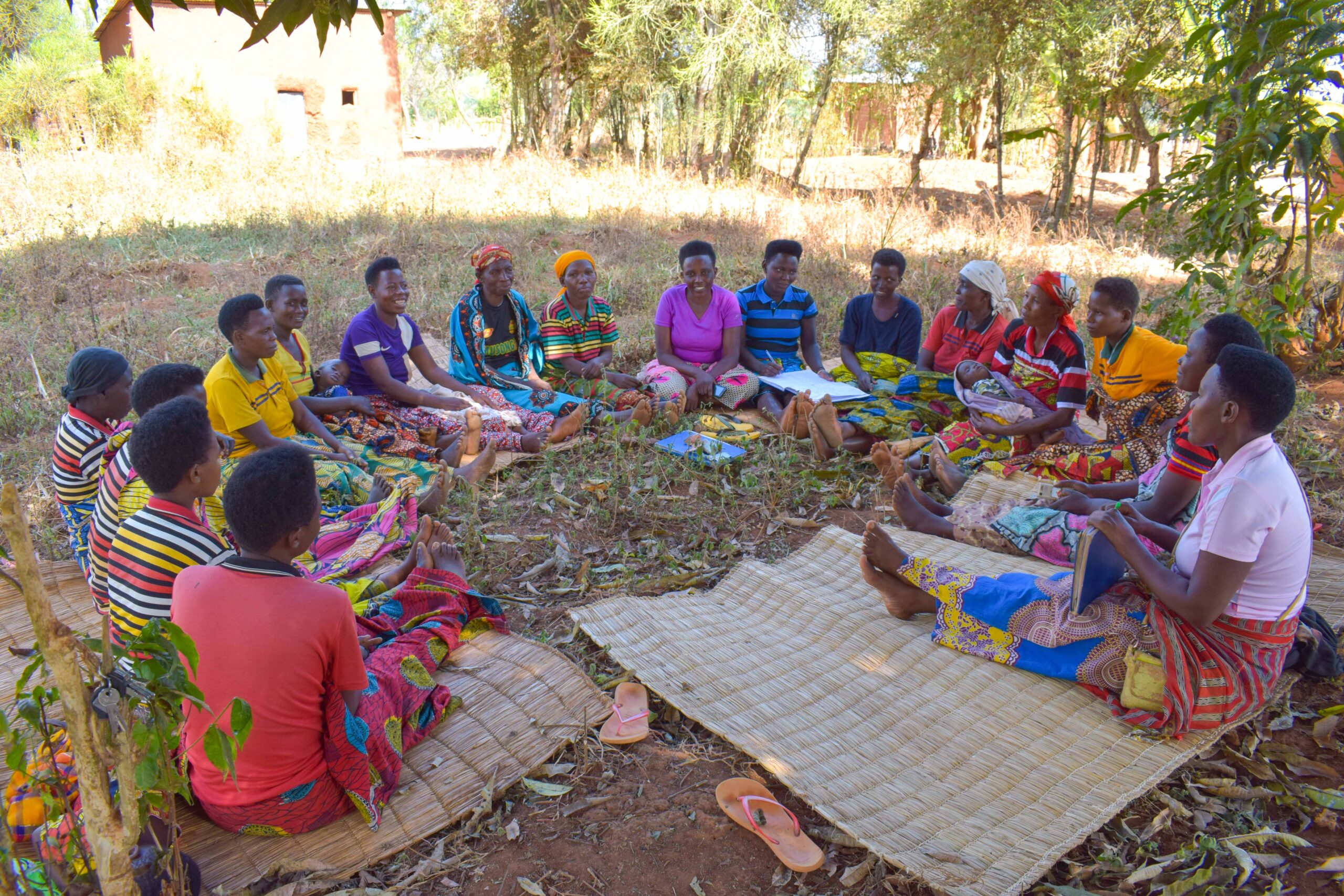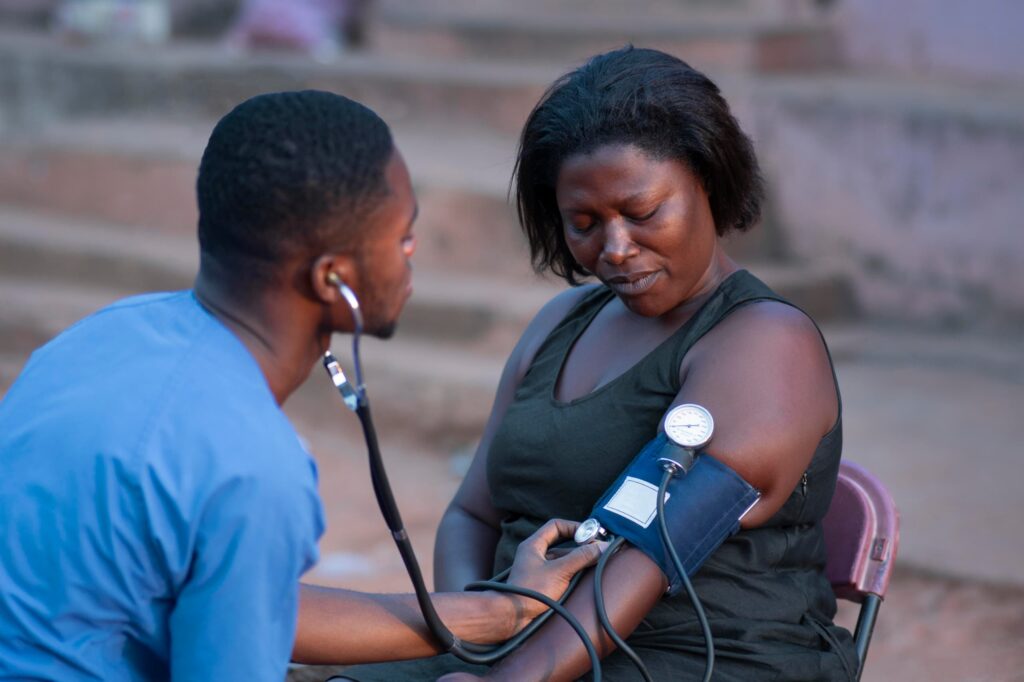On the morning of 14 November 2023, the weather was harsh on Ciya Hill in the District of Bubanza, Bujumbura province. Despite slippery roads following heavy rain, the EdSF Burundi, USAID delegates, government partners, and implementing partners, persevered. They were eager to see the project’s impact on preventing malnutrition and building resilience in vulnerable communities on Ciya Hill, where food insecurity is higher than in other hills of Bubanza. Ciya marked the first stop in a series of visits by the delegation from 14 to 17 November 2023 to various localities in the provinces of Bubanza, Rutana, and Bujumbura Rural.
This project has been implemented since 2021. The results are impressive. EdSF Burundi’s interventions focus on promoting exclusive breastfeeding, dietary diversity through home fortification with micronutrient powders to combat anemia in children, community-level counseling, screening for malnutrition, treatment of moderate acute malnutrition through FAN/FARN, and severe acute malnutrition in health services (hospitals and health centers), access to sexual and reproductive health services, early childhood development in the community and health centers, WASH infrastructure, and hygiene promotion.
On Ciya Hill, the beneficiaries are pregnant and breastfeeding women with children aged between 6 and 23 months, identified as highly vulnerable. These women are grouped in Village Savings and Credit Associations (VSCAs) and benefit from support groups such as the “CARE Group” and “Ecoles des Maris”. “Before joining the husband school, I didn’t know how to feed my family properly. Now, after training, I help my wife prepare a balanced meal, and our children are growing up well,” says Nzobonimpa Edimond, one of the 945 members of the “Ecole des maris” trained in the Integrated Infant and Young Child Feeding package, and in aspects of early childhood development and adequate water, sanitation, and hygiene services. “I’ve realized that poor sanitation and hygiene conditions in my household negatively impact our children’s nutritional status. I now ensure that everything is done daily to facilitate handwashing, clean toilets, and so on,” adds Andre Ntirandekura, another member of the Husband’s School on Ciya Hill.
Not far from Ciya Hill, the delegation visited the Bubanza health center. With support from the project, this center is responsible for preventing malnutrition, treating severe acute malnutrition cases, infant and young child feeding, and combating micronutrient deficiencies. “Thanks to better management of moderate acute malnutrition at the community level through FARN, we are receiving fewer cases of severe acute malnutrition,” says the head of the Bubanza Health Center.
On Maramvya hill in Bujumbura Rural province, Mutimbuzi commune, the delegation observed the considerable work of light mothers and community health workers in managing moderate acute malnutrition at the community level. They attended a screening session for acute malnutrition and observed how children identified as moderately acutely malnourished are cared for in a “Foyer d’Apprentissage et de Réhabilitation Nutritionnelle (FARN)” at the community level.


